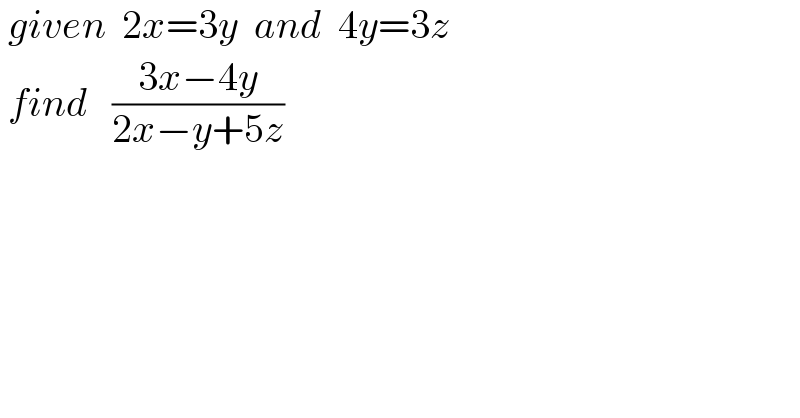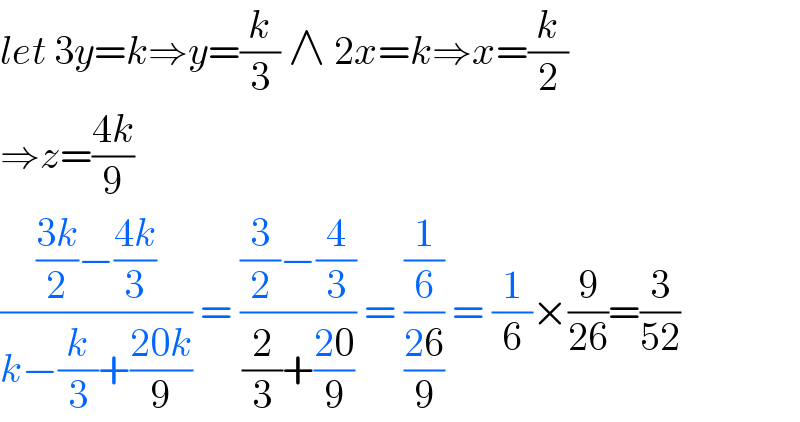
Question and Answers Forum
Question Number 157972 by MathsFan last updated on 30/Oct/21

Commented by tounghoungko last updated on 30/Oct/21

Commented by MathsFan last updated on 30/Oct/21

Commented by MathsFan last updated on 30/Oct/21

Commented by Rasheed.Sindhi last updated on 30/Oct/21

Commented by MathsFan last updated on 30/Oct/21

Commented by tounghoungko last updated on 30/Oct/21

Answered by Rasheed.Sindhi last updated on 30/Oct/21

Commented by MathsFan last updated on 30/Oct/21

